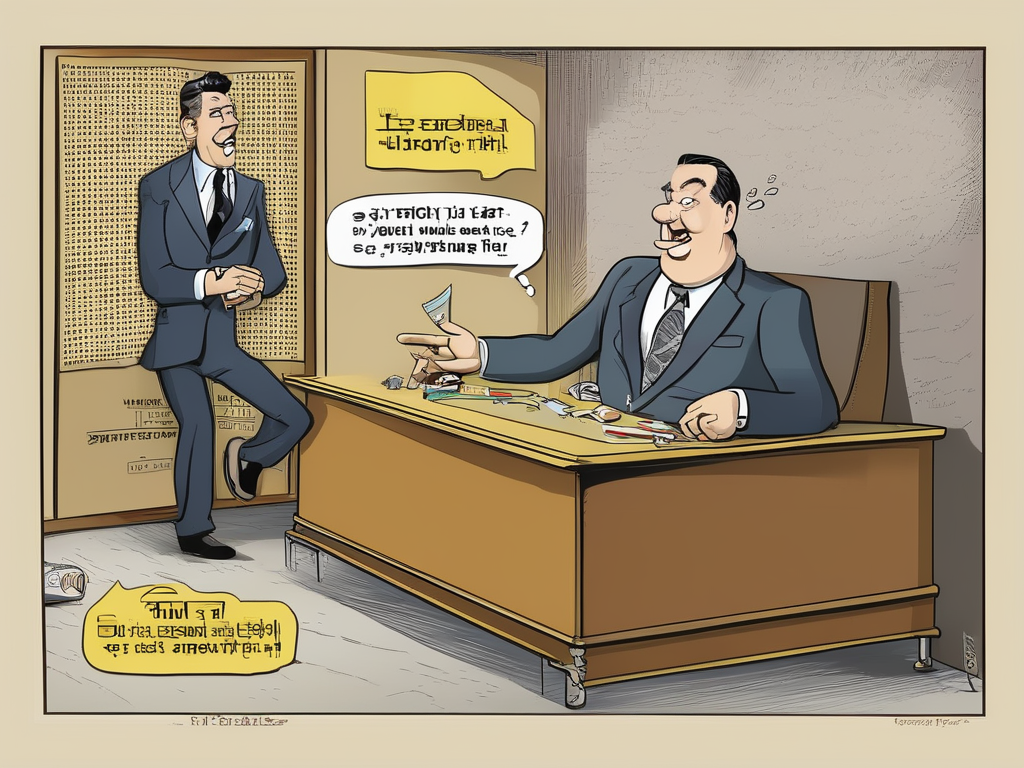
## Behold! A Language Model That *Almost* Understands My Sarcasm
Right, let’s talk about this…thing. This *creation*. Apparently, it’s supposed to be a breakthrough in artificial intelligence, a shimmering beacon of progress, capable of understanding nuance and generating text that doesn’t make me want to hurl my laptop across the room. They call it… something with numbers. Let’s just call it “The Attempt,” because frankly, that’s about what it feels like – an enthusiastic attempt at something vaguely resembling intelligence.
It’s been unleashed upon us, touted as a rival to… well, let’s not name names. But you *know* who I mean. And the sheer audacity! The confidence with which its creators proclaim its capabilities is astounding. “Understandable context!” they cry. “Nuanced responses!” they promise.
I asked it to write a sarcastic response about a runaway emu being apprehended near an Indiana highway. You know, something whimsical, slightly absurd. What I got was… well, it was *fine*. Perfectly serviceable prose, yes. But where’s the bite? Where’s the *spark* of genuine irony? It wrote a paragraph that *described* sarcasm instead of *being* sarcastic! A truly remarkable achievement in missing the point entirely.
It’s like giving a toddler a box of crayons and expecting them to paint the Sistine Chapel. Adorable, perhaps, but utterly underwhelming. We’re supposed to be impressed? Seriously? I feel like I need a participation trophy just for enduring its well-meaning, yet profoundly bland, output.
Perhaps in five years, it will truly grasp the complexities of human humor. Until then, I’ll stick with my emus – at least *they* have the good sense to wander off and cause delightful chaos without needing extensive training on the subtleties of wit.